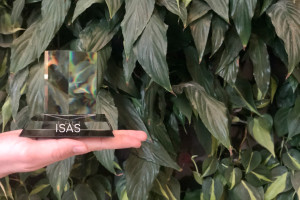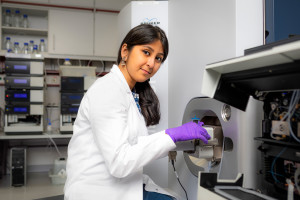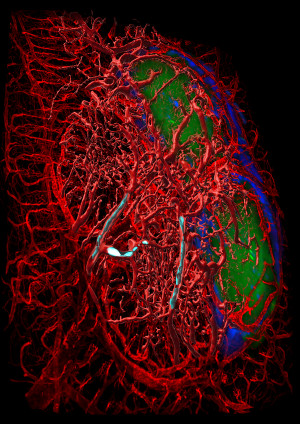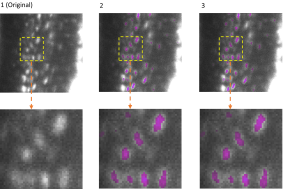Dortmund, 17th January 2020
After four terms of office, which lasted from September 1, 2009 to December 31, 2019, Prof. Dr. Stefan Ambacher leaves the Scientific Advisory Board of ISAS. The Scientific Advisory Board of ISAS monitors the ongoing scientific work and advises the Executive Board and the Supervisory Board. Ambacher was Deputy Chairman of this body from March 2010 to December 2018. Ambacher, physicist and professor of power electronics, heads the Fraunhofer Institute of Applied Solid State Physics and teaches at the Institute of Sustainable Technical Systems (INATECH) at the Albert-Ludwigs-University in Freiburg. For his great commitment and the work he has done, Ambacher received an ISAS prism as a sign of gratitude.


ISAS thanks Prof. Dr. Oliver Stefan Ambacher for his great commitment and the work he has done.





